Some of the earliest endeavors of American philanthropy recognized health as a key component to human well-being. From reforming medical education to training public health workers and nurses, and later mobilizing new technologies toward better approaches in immunization, preventive care, and epidemiological research, foundations’ health programs have made major contributions to human health around the world.
Recently Published
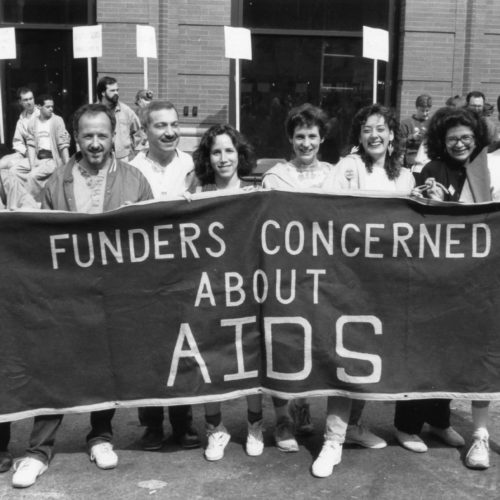
Philanthropy’s Search for an HIV Vaccine: Building Public-Private Partnerships in a Global Pandemic
How a meeting of scientists and health experts sparked a new international campaign to find a way to prevent AIDS.
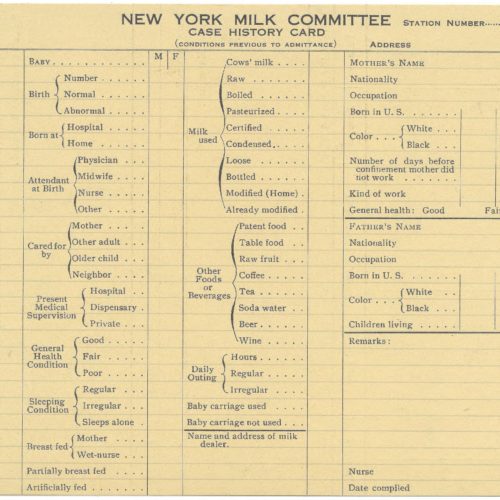
Sour Milk: Preventing Infant Mortality with Public Health
Philanthropy’s role in cleaning up the milk supply prompted better federal food safety protections.
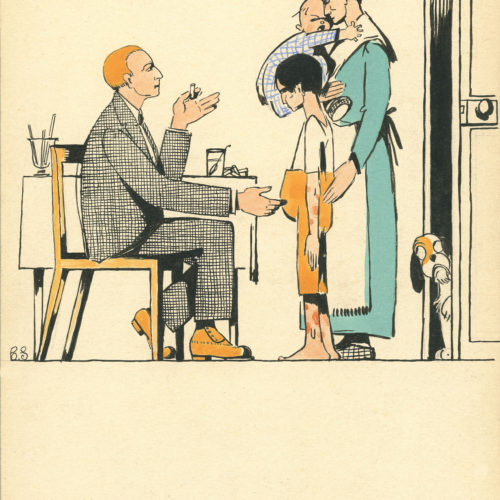
Public Health: How the Fight Against Hookworm Helped Build a System
A hundred years ago, hookworm disease was an epidemic across the US South. Northern philanthropy tried to help.

Cover Your Mouth: Controlling an Epidemic Through Hygiene
Century-old tips to prevent infection still make sense today.
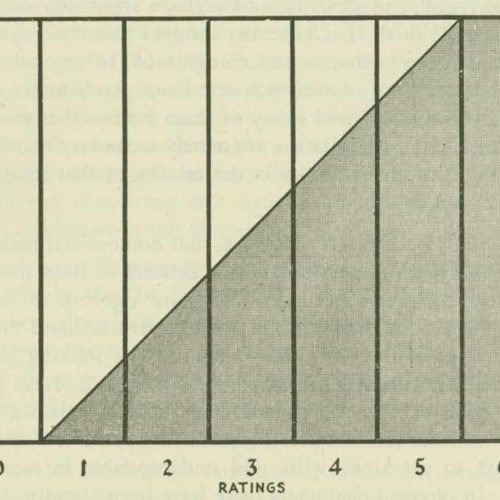
Funding a Sexual Revolution: The Kinsey Reports
The inside story of the study that first questioned binary sexuality and spurred outcry and controversy.
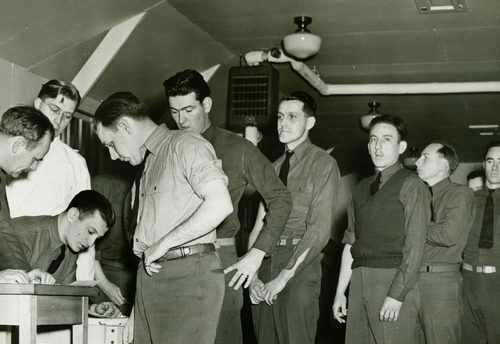
The Long Road to the Yellow Fever Vaccine
The yellow fever vaccine developed in the 1930s has been used worldwide ever since. Creating it took years and cost several lives. Some thought it would never happen.
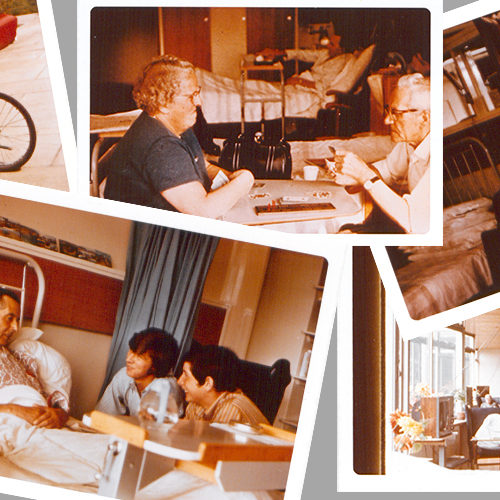
The Commonwealth Fund Brings Hospice Care to America
Care for the dying, not care for a cure, was a new idea in the 1970s.
Explore Further
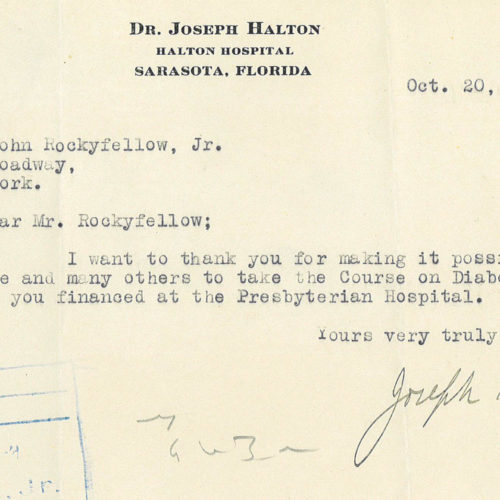
The “Insulin Gift”
In 1923, a wealthy philanthropist’s funding helped make life-saving treatment for diabetes available to patients and doctors.
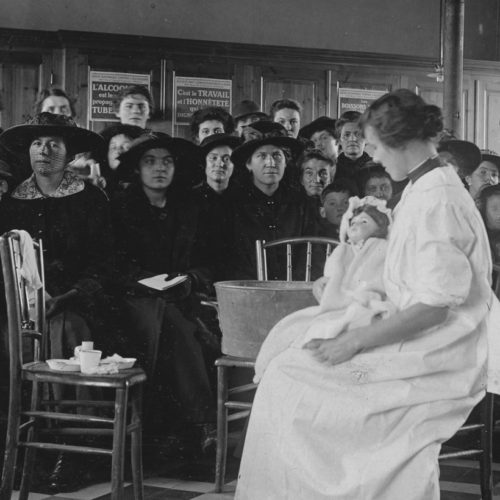
Philanthropy’s Fight Against Tuberculosis in World War I France
What does it take to control the outbreak of a deadly disease?
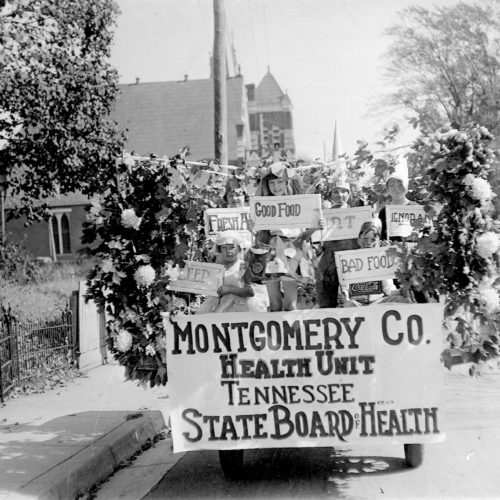
Photo Essay: The Rockefeller Sanitary Commission and the American South
Battling hookworm on rural farms laid the groundwork for a global public health system.